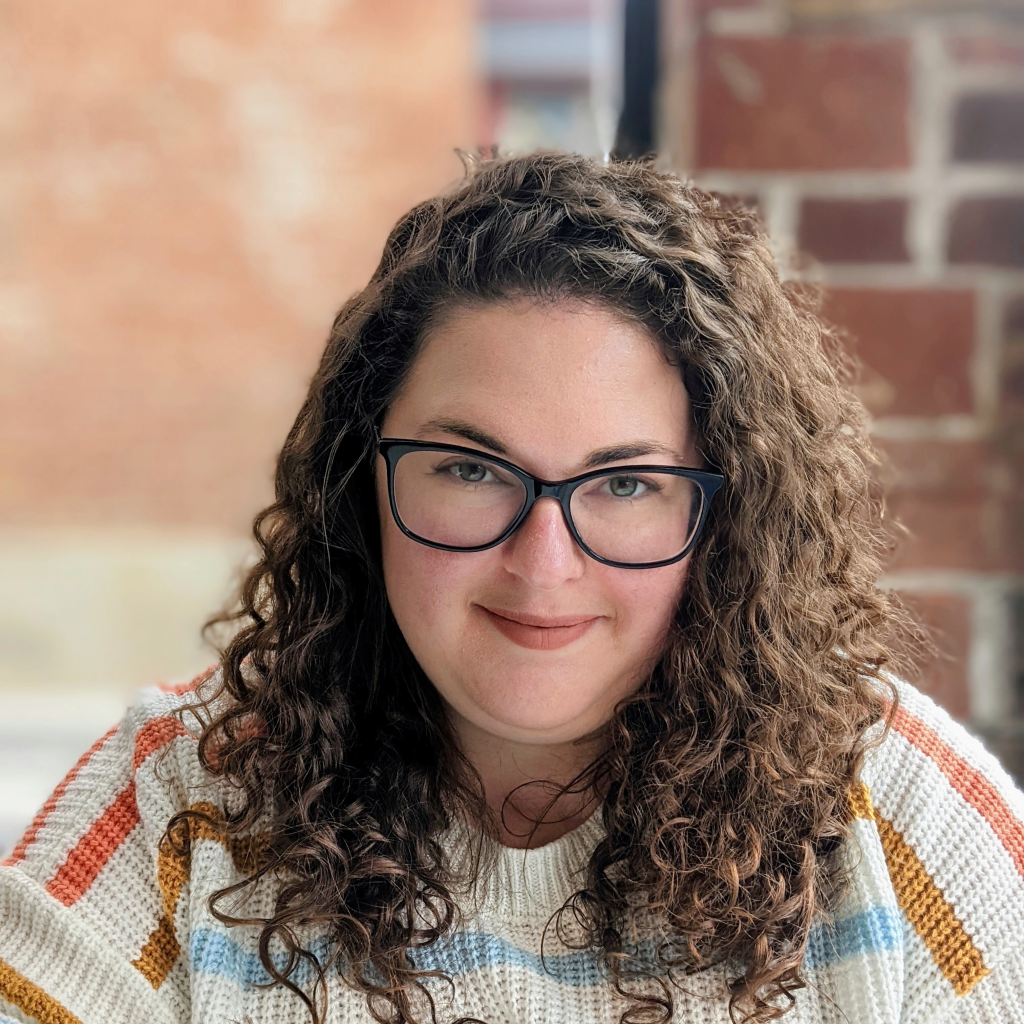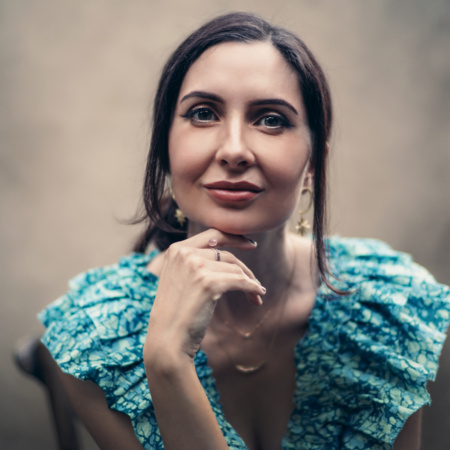
by Michele Kirichanskaya | May 26, 2023 | Blog
Sarah Adler writes romantic comedies about lovable weirdos finding their happily-ever-afters. She lives in Maryland with her husband and daughter and spends an inordinate amount of her time yelling at her mischievous cat to stop opening the kitchen cabinets. I had the...

by Michele Kirichanskaya | Jan 20, 2023 | Blog
Taleen Voskuni is an Armenian-American writer who grew up in the Bay Area diaspora surrounded by a rich Armenian community and her ebullient, loving family. She graduated from UC Berkeley with a BA in English and currently lives in San Francisco, working in tech....




